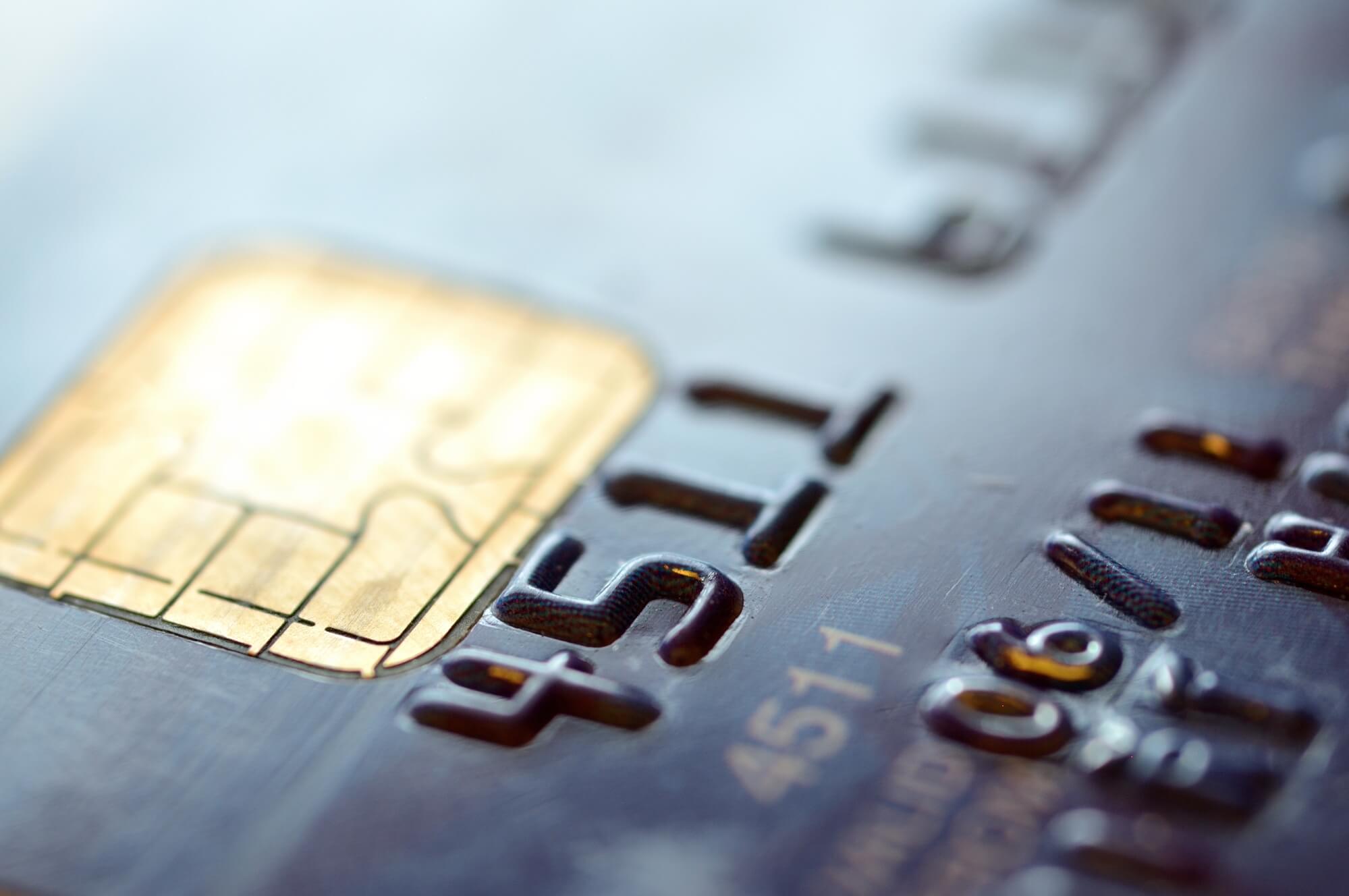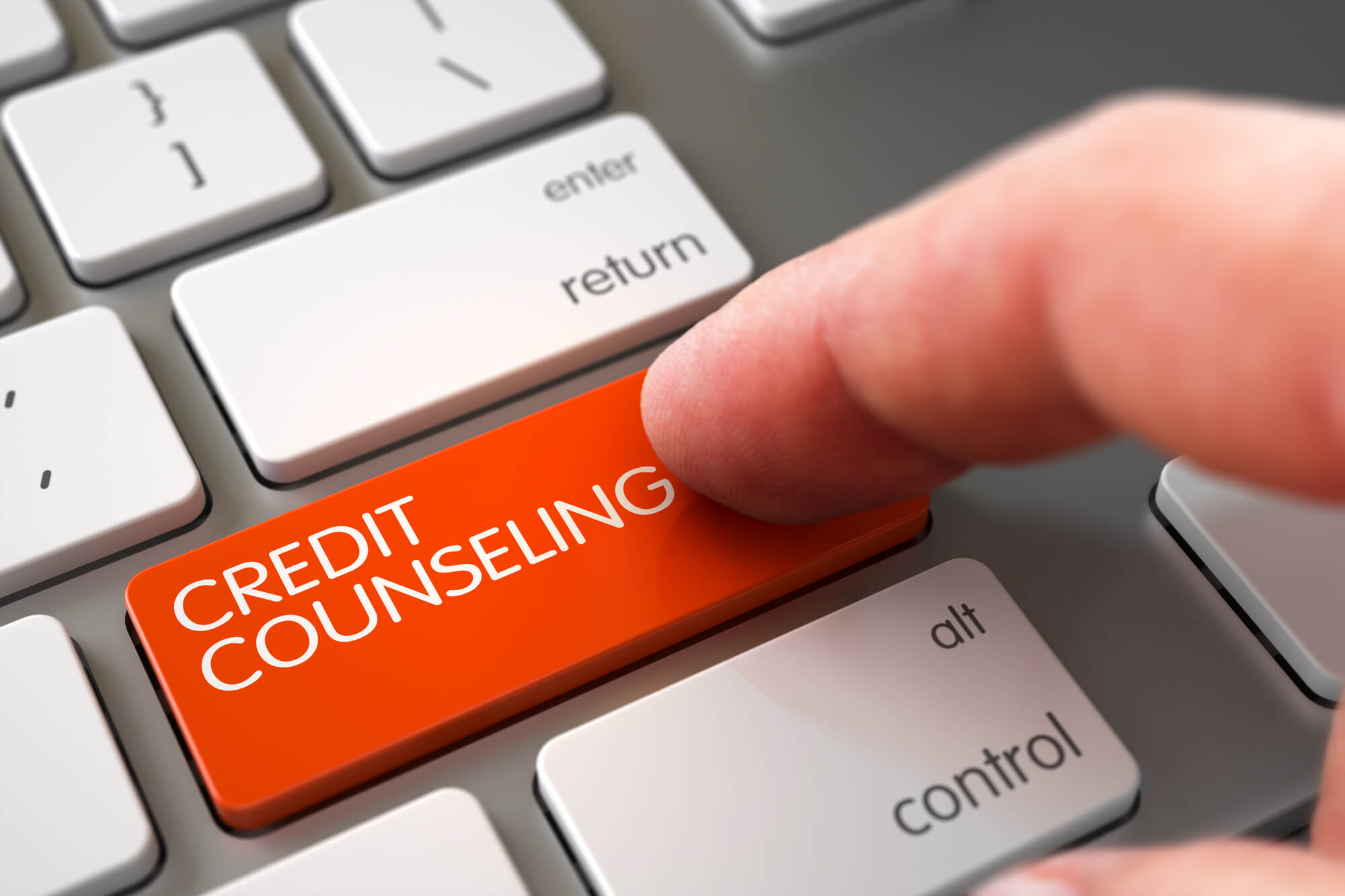Many Americans rely on their credit cards for everyday purchases. While it can be a helpful financial resource, it’s also one of the easiest to misuse. If you can’t make the required monthly repayments, you’ll most likely be in considerable debt. When paying off your credit card balance, you might skip the option to refinance credit card debt and pay only the minimum monthly payments.
This begs the question: should you pay only the minimum monthly credit card repayments, or is it smarter to pay more or in full each month?
While paying only the minimum amount can be tempting, going this route could cost you more. We’re here to explain how the monthly payments for credit cards work and why you might have to pay more than the required monthly minimum credit card payments.
What is a Minimum Monthly Payment on Credit Cards?
A minimum monthly payment means the lowest allowable amount you can pay towards reducing your credit card balance. You must pay this amount to avoid late payment fees and other consequences of late payments such as a hit on your credit score.
Moreover, minimum monthly payments vary by financing institutions. However, they usually set a ‘floor’ rate or a minimum, anywhere from $25 to $35. If your credit card balance is less than the minimum required monthly payments, you’ll have to pay the amount equivalent to your balance.
Credit Cards and Interest Rates
Before we go into the nitty gritty, let’s discuss the interest rates first.
If you carry a month-to-month balance on your credit card, you’ll have to repay your balance in increments every month. However, aside from the principal amount (or the amount you borrowed), you’ll also have to pay the interest rate.
Interest rates are the amount (usually a percentage of the principal amount) the banks or financing institutions charge for the borrowing. The rates vary by lender, but generally, the higher your credit score is, the lower the rate will be.
Furthermore, a personal credit score of 700 or higher might give you rates as low as 4% per month. Alternatively, a personal credit score of 600 may result in as much as a 10% interest rate (or higher).
Since it’s a percentage of the principal amount, the higher your interest rate is, the more expensive your payment will be.
Why Paying More Than the Minimum Monthly Payments or in Full is Better
While it’s essential to pay the monthly payments for your credit card, it’s generally not advised to carry a credit card balance from month to month. Based on the previously discussed concept, if you carry a balance, especially a large one, you could pay more interest in the long run.
Conversely, paying in full or more than the minimum required monthly payments allows you to quickly pay off your credit card balance. You won’t have to deal with the expensive monthly interest rates.
Alternative Option: Refinance Credit Card Debt
Unfortunately, not everyone can afford to pay more than the minimum monthly payments or in full. In that case, applying to refinance their credit card debt can be especially helpful when your current credit card provider charges expensive interest rates.
Refinancing credit card debt allows you to pay off your credit card debt in full, so you won’t have to pay the expensive monthly interest rates. Although you’ll still be applying for a loan, the interest rates will likely be lower than your current credit card rate.
Learn More About Credit Card Refinancing!
A large credit card balance can be debilitating to your financial health. If you’re looking for a way to rid yourself of the card APRs and interest rates, DebtHelper.com can help. We’re a certified 501(c)(3) non-profit organization dedicated to consulting, advising, and empowering people regarding their financial health. Don’t hesitate to contact us today to know more about refinancing credit card debts!







